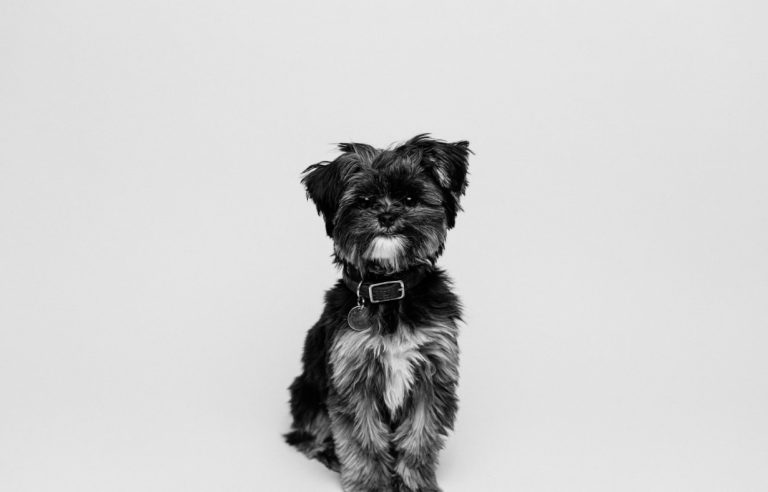Housebreaking a new puppy is a vital step in creating a harmonious relationship between pet and owner.
This training period sets the ground rules for hygiene and behavior within the home.
It is a test of consistency, patience, and understanding, but with the right strategies, it becomes an opportunity to bond with your new companion.
Potty training, establishing routines, and responding to accidents are all part of the housebreaking process that, when handled effectively, lead to a well-adjusted and happy pet.
Effective Strategies For Housebreaking Your New Puppy
Housebreaking is more than a simple task—it’s a complex learning process for your puppy.
Effective housebreaking strategies pivot on understanding your puppy’s biological needs, creating a positive learning environment, and responding correctly to inevitable mishaps.
By following these guiding principles, you can streamline the housebreaking process, making it less daunting for both you and your puppy.
Potty Training: Building The Basics
The bedrock of housebreaking is potty training, which starts with observing your puppy’s signs and creating a schedule that matches their frequent need to relieve themselves.
Establishing a routine, using a consistent command, and immediately rewarding the correct behavior are all critical.
This approach instills a clear association between the act of elimination and the location and expectations you set.
Routine Development: Setting The Clock
A routine does wonders for a puppy learning to control their bladder and bowels.
Feeding, play, and sleep should all occur at regular intervals, and potty breaks should be linked to these activities.
Like clockwork, your puppy’s body will begin to adapt to this schedule, and their internal signals will align with the opportunities you provide for relief.
Responding To Accidents: Teaching With Compassion
Accidents are a natural part of the housebreaking process. How you respond to these mishaps can significantly impact your puppy’s learning curve.
Negative reactions can instill fear and confusion, while a calm and instructive response after an accident teaches your puppy it’s a mistake they can learn from.
Cleanup should be thorough, using products that eliminate scents to prevent re-marking.
Navigating The Housebreaking Journey
Housebreaking is a multifaceted process that extends beyond the simple task of toilet training; it is a comprehensive regimen that conditions your puppy for life within the human household.
This journey demands empathy and firmness, as you’re not only setting the ground rules for elimination but also embedding a sense of structure in your puppy’s daily life.
By adopting a series of strategic steps, you can facilitate this critical phase with efficiency and care, ensuring it’s a positive experience for your puppy.
Each strategy is aimed at harnessing a puppy’s natural instincts and building upon them to foster a well-behaved and house-trained dog.
Establishing A Consistent Feeding Schedule
A consistent feeding schedule is instrumental in regulating your puppy’s digestive system.
Feeding your puppy at the same times every day will result in predictable bathroom needs, making it easier to establish a potty routine.
This predictability allows you to anticipate when your puppy will need to go and provides the opportunity to guide them to the appropriate spot.
An established feeding routine also prevents overfeeding, which can lead to irregular potty habits and contribute to accidents in the house.
Mastering The Art Of Supervision
Close supervision is critical in the early stages of housebreaking.
Keeping a watchful eye on your puppy not only prevents accidents from occurring but also helps you learn their signals and body language.
This understanding enables you to intervene before an accident happens, guiding your puppy to the correct location to relieve themselves.
When supervision isn’t possible, confinement in a small, safe space like a crate or puppy pen can prevent accidents, as puppies naturally avoid soiling their sleeping areas.
Handling Accidents With Grace
Accidents are a natural part of the learning curve, but how they are handled can greatly influence your puppy’s progress.
Scolding a puppy for an accident can lead to anxiety and may make them fearful of relieving themselves in your presence.
Instead, when an accident happens, it should be cleaned up promptly and thoroughly with an enzyme-based cleaner to remove odors.
It’s essential to remain neutral during cleanup to avoid creating a negative association with the act of elimination.
Consistent, gentle redirection and positive reinforcement when your puppy succeeds will encourage good habits and make housebreaking a smoother process.
Crafting A Successful Housebreaking Strategy
Housebreaking your puppy requires a thoughtful approach that balances discipline with encouragement.
While the task can seem daunting, employing a set of tried-and-true strategies can ease the process and promote a stress-free learning environment.
This approach centers on understanding a puppy’s natural instincts and developmental stage, then guiding them with a structure they can trust and respond to positively.
Here, we distill the essence of housebreaking into three core strategies, each pivotal in fostering good habits that last a lifetime.
Utilizing Positive Reinforcement
Positive reinforcement is about rewarding your puppy for behavior you want to encourage.
When they successfully eliminate outside, a treat, praise, or playtime can reinforce the action.
This strategy is grounded in the idea that dogs are more likely to repeat behaviors that result in positive outcomes.
Consistent use of rewards helps your puppy understand what is expected and turns housebreaking into a rewarding experience for both of you.
Implementing Crate Training
Crate training is an effective and humane housebreaking method that taps into a dog’s natural desire not to soil their den.
A crate serves as a temporary holding pen when supervision isn’t possible, preventing accidents and helping your puppy build bladder and bowel control.
The key is to ensure the crate is a comfortable, inviting space, using it as a positive retreat rather than a punishment.
Adapting To Setbacks
Adaptability in response to setbacks is crucial. If accidents occur, they should be approached as learning opportunities rather than failures.
Patience during these moments teaches your puppy that mistakes are part of the learning process.
Swiftly cleaning up after accidents and not reacting negatively avoids instilling a sense of fear or anxiety in your puppy.
With a calm and consistent response, your puppy will learn the right habits without stress or confusion.
Key Regards
Housebreaking a new puppy is an intricate dance of patience, consistency, and positive reinforcement.
By establishing a routine, remaining vigilant, and responding to accidents with understanding, you can lay a strong foundation for your puppy’s behavioral development.
Crate training, when used wisely, serves as an indispensable tool, and adaptability in the face of setbacks ensures that the learning process continues smoothly.
Remember, the goal is to build trust and a lasting bond through this critical training phase.
With these effective strategies, your puppy will soon become a well-adjusted and cherished member of the family.







